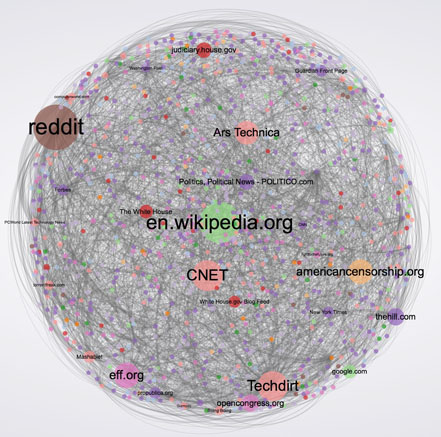Read The Killing of Osama bin Laden or a summary on the English Wikipedia entry for Seymour Hersh.
Then read Abu Sayyaf, an ISIS Leader, Killed in Syria by Special Forces, U.S. Says. The part after the last comma is backed up by the article:
Pentagon officials said
One American military official described
the Pentagon’s description
A Defense Department official said
The official said
(The accounts of the raid came from military and government officials and could not be immediately verified through independent sources.)
officials said
American officials said
The White House rejected initial reports
said Bernadette Meehan, the National Security Council spokeswoman
Defense Secretary Ashton B. Carter said
Officials said
Defense Department officials said
a Defense Department official said
the official said
the official said
the Defense Department official said
Defense Department officials said
officials acknowledged
officials said
Mr. Carter said
the senior United States official said
Why bother to publish this story? Why is the disclaimer of verifiability buried in a parenthetical instead of a banner at the top of the article highlighting multiple issues, a la Wikipedia?
The article closes with a conjecture from a former C.I.A. analyst that anyone could have made.
I’m not complaining about anything new; recently reading the Hersh article made me want to skim the article on the apparent killing of Abu Sayyaf, and the opportunity to update the title of Hersh’s article made me want to write this blog post.





